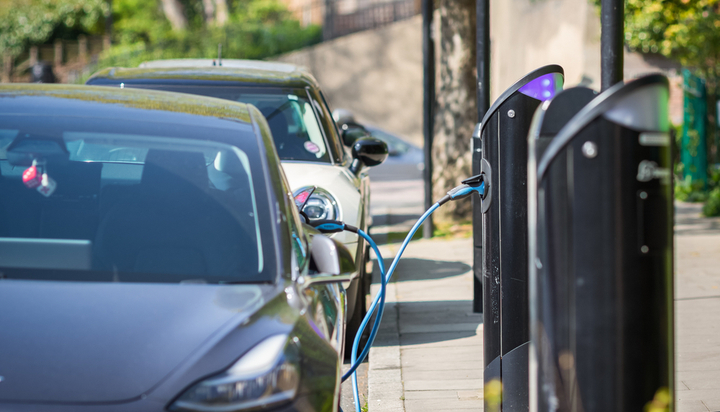Monday 3 April 2023
‘Real EV ranges are 20% lower than carmakers claim’

Electric vehicle (EV) manufacturers are exaggerating the ranges of their cars.
That’s the claim made by ‘Which?’ in its latest study, after testing more than 70 EVs – finding the ranges of these vehicles to be on average, around 20% lower than what the carmaker had stated.
The study claims that the Telsa Model Y – the UK’s most popular EV – has a range that is 100 times lower than what is advertised by the company.
Similarly, the Nissan Leaf and Volkswagen’s ID.3 was found to have 50 miles less mileage than the number released.
The researchers claim that the overestimation stems from the Worldwide Harmonised Light Vehicle Test Procedure (WLTP), which is under EU law, what EV makers have used to determine their ranges since 2017.
This has a good accuracy level for petrol and diesel cars but not so much for their electric counterparts, they claim.
The size of the vehicle, weather conditions and whether they are being driven on a motorway or not all impact the range.
Nissan responded: “WLTP testing is mandatory and the only universal range figure quoted by all manufacturers. It is used by consumers to compare the range of different models.
“We have a real-world range calculator easily available on our website where customers can adjust parameters to view accurate and realistic range figures based on their individual circumstances.”
Mike Hawes from the Society of Motor Manufacturers and Traders accepted there will “always be a difference between lab tests and real-world use.”
However, he added: “By law, manufacturers are required to test all vehicles to the same, repeatable official standard – the WLTP Test. This test is regulated by government authorities and it is these results – and only these results – that manufacturers are required by law to publish.”
Tesla has been approached for comment.




